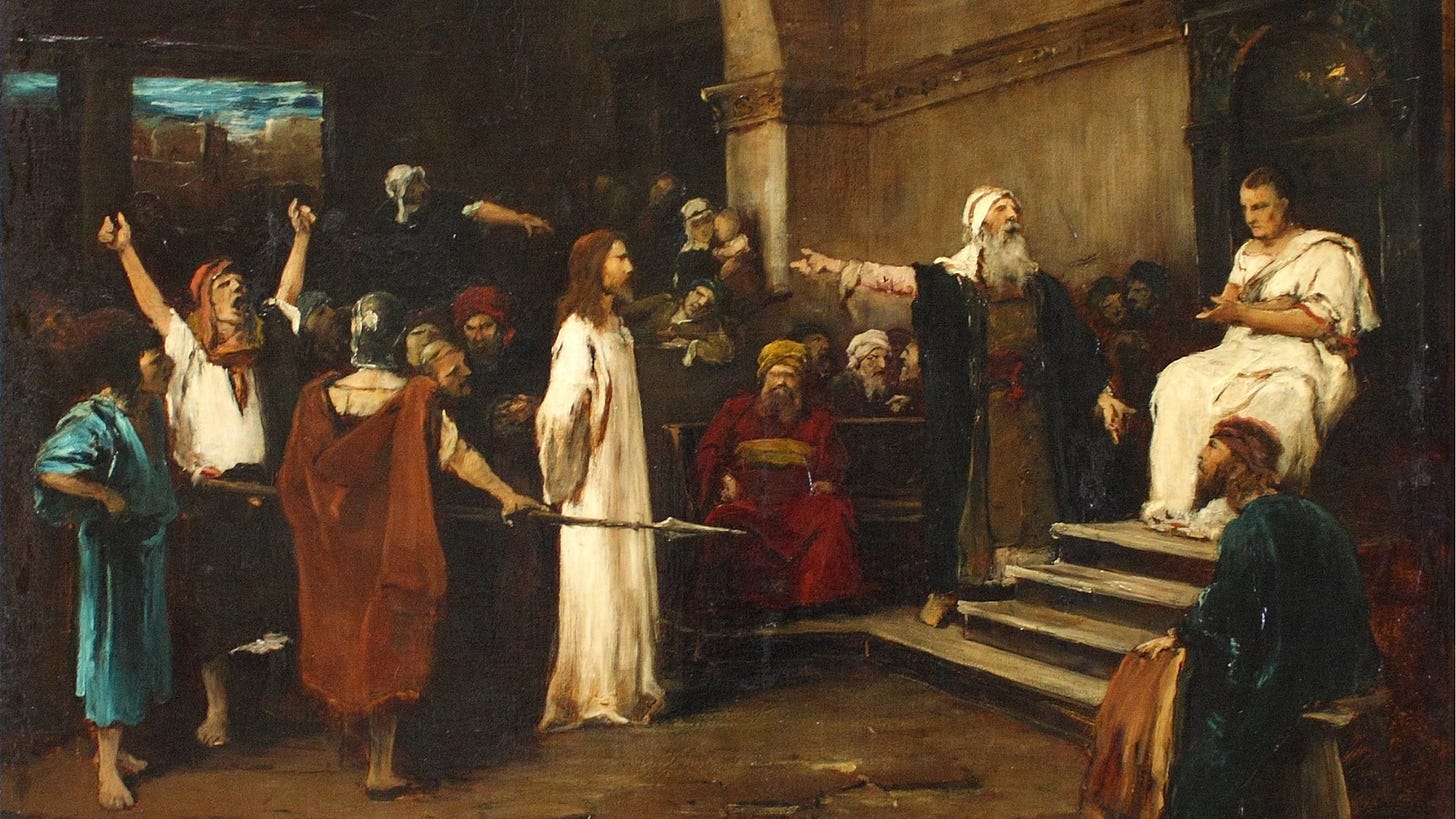The God of Loss
Jürgen Moltmann’s paradigm for understanding divine suffering.

The late Jürgen Moltmann, who was ushered into glory this past June, was a German-born theologian whose doctrinal and ecclesiastical predilections weren’t strictly speaking “evangelical.” Most of Moltmann’s theological contributions helped to inform the burgeoning social landscape of gospel proclamation in the mid-twentieth century. While some might bristle at the mere fact that I am citing him, especially considering the post-Barthian Marxism that seemed to inform his theological assertions, Moltmann’s Christology is, even still, worth pondering. In The Crucified God, which is often regarded as his magnum opus, Moltmann explores the depth of meaning that the incarnate condescended to the depths of human suffering. In many ways, he would later acknowledge, The Crucified God was his “attempt to find an answer for a life in Germany after Auschwitz.” It is precisely the ghastly event that transpired at Golgotha that serves as the paradigmatic lens by which God is known. Here’s Moltmann in a truly breathtaking section of The Crucified God:
God did not become man according to our conceptions of being a man. He became the kind of man we do not want to be: an outcast, accursed, crucified. Ecce homo! Behold the Man! is not a statement which arises from the confirmation of our humanity and is made on the basis of ‘like is known by like’; it is a confession of faith which recognizes God’s humanity in the dehumanized Christ on the cross. At the same time the confession says Ecce deus! Behold God on the cross! Thus God’s incarnation ‘even unto death on the cross’ is not in the last resort a matter of concealment; this is his utter humiliation, in which he is completely with himself and completely with the other, the man who is dehumanized. Humiliation to the point of death on the cross corresponds to God’s nature in the contradiction of abandonment. When the crucified Jesus is called the ‘image of the invisible God,’ the meaning is that this is God, and God is like this. God is not greater than he is in this humiliation. God is not more glorious than he is in this self-surrender. God is not more powerful than he is in this helplessness. God is not more divine than he is in this humanity.1
This is what the anonymous writer to the Hebrews gets at when he says that the Son of God is able “to sympathize with our weaknesses” (Heb. 4:15). He is familiar with adversity, pain, and the dehumanizing torture of the cross. There is no depth of suffering with which he is not acquainted. “Surely,” the prophet Isaiah declares, “he has borne our griefs and carried our sorrows; yet we esteemed him stricken, smitten by God, and afflicted” (Isa. 53:4). God afflicted and crucified for us. This is the consolation offered whenever and wherever the gospel is proclaimed. It is not the trite comfort of platitudinal solace. Rather, it is the cruciform comfort of the Word of God incarnate whose battered and bruised frame assures us of his solidarity with us in the midst of our grief, pain, and despair.
In many ways, this is the gist behind my book, Finding God in the Darkness: Hopeful Reflections from the Pits of Depression, Despair, and Disappointment, in which I seek to set forth the God of the Bible as the one who finds us when we are at our worst and weakest. The most excruciating seasons of life, while often filtered through the lens of God’s apparent absence, are actually where God shows up. That is to say, that the God on the cross is the God of your affliction, anxiety, and interminable aches. He is the one who redeems you and remakes you through his own surrender to suffering and death. For more insights into Jürgen Moltmann’s theology, I highly commend Donald Macleod’s essay in Themelios, “The Christology of Jürgen Moltmann.” Likewise, Carl R. Trueman’s reflection, “The Night I Met Jürgen Moltmann,” which was published on First Things shortly after Moltmann’s death, is well worth your time.
Grace and peace.
Jürgen Moltmann, The Crucified God (Minneapolis, MN: Fortress Press, 2015), 294–95.


